I console myself these days with the advice of the Catholic historian Jim Hitchcock. I was on the brink of conversion in 1980 from Southern Baptist to Catholic, and I wrote him to ask what I should think of the post-Vatican liberalizing tendencies among Catholics which John Paul II was so firmly opposing.
Prof. Hitchcock was kind enough to send me a lengthy letter explaining the difference between the local Church and the universal Church:
“Thanks very much for your letter. I understand rather acutely, I think, the dilemma you find yourself in. I am sometimes embarrassed for my church in its present failings. I think my basic answer to your questions would be to say that when one becomes a Catholic one in effect enters into unity with the Church in its widest sense—not only the geographical breadth that exists at present but also all the ages which have gone before…. At the present time one would have to distinguish, I think, between the local church and the universal church. On the local level what one finds is often discouraging…. Again, with Roman Catholicism, it is legitimate to prescind from conditions at the local level in order to assert unity with the center. This is not an evasion or a rationalization—it is the reality of the Catholic concept of the Church…. On one level we may say the Church is concrete and visible. But on another level, I seem to be proposing a kind of mystical unity that obliterates inconvenient specific realities…. We give our allegiance to a visible Church, but also know that ultimately our unity there is mystical.” (January 25, 1980: From my book, 365 Days of Catholic Wisdom: A Treasury of Truth, Beauty, and Goodness, TAN Books, 2020.)
Over forty years later, Catholics are dealing with a ‘local church,’ which by that I think Hitchcock meant ‘historical,’ that has betrayed its basic principles derived from the Word of God. Of course, there are individual exceptions among the laity, priests, and bishops. But the fact that these exceptions appear so clearly is only proof of the pervasive rot of Catholic institutions, their leadership, and much of the laity.
After the election of Biden, whose form of Catholicism perfectly embodies the spiritual rot of which I speak, several bishops issued statements noting the new president’s disregard for the innocent life of the unborn. For this, they have been slapped down by a media anxious to enthrone Bidenism as the new standard of Catholic piety. My attitude towards these statements is ‘too little, too late.’ I am only one among thousands of orthodox, pro-life Catholics who have begged and pleaded for episcopal leadership to confront the ‘Catholic’ Democrats, beginning with Ted Kennedy, who decided to protect innocent life was a ‘private affair’ and, therefore, beyond legislation.
There were heroic bishops such as Cardinal John O’Connor who told Kennedy and his buddy Gov. Mario Cuomo that there was nothing private about the decision of any person to take another person’s life. Since when did the spatial position of a person inside the body of a mother strip that human being of its right to live?
But where are we now? The pope himself, Francis I, effusively congratulates the new president who immediately gives away millions of dollars to Planned Parenthood and cancels the Mexico City Policy. Pro-abortion Democrats like Pelosi and Durbin celebrate at the prospect of American Catholics embracing Biden’s example. Cardinal Wilton Gregory of Washington, DC, rolled out the red carpet for the president-elect as if he were some sort of political messiah.
How can any Catholic look at these men and women with anything but disgust? How can any Catholic not realize that they represent what the historic Church has become to be in 2021? The proudly pro-abortion Catholics are the norm, the establishment, of the Church in our day. How can any Catholic not be scandalized and ashamed?
The way ahead is not leaving the Church or spending all your time lamenting how the historic Church has completely lost its bearings. The answer is precisely what Prof. Hitchcock wrote to me about in 1980 — we must detach ourselves spirituality from all the ‘facts on the ground’ that defile our faith and reaffirm daily the mystical communion which is our Church.
In that Church, stretching across two millennia, the truth of Catholic teaching has not changed: the innocent unborn are persons worthy of being treated with dignity and welcomed into life rather than being slain in the name of ‘choice.’
I won’t be paying any attention to Church leaders who have ignored and denied the tenets of their faith for ecclesial success. I will be fed by the Eucharist and by the wisdom and example of Catholics who refused cultural conformity since the Church began, many of whom preferred martyrdom to the world’s praise. All of these are to be found still speaking to us from the heart of the mystical bond which is our true Church.

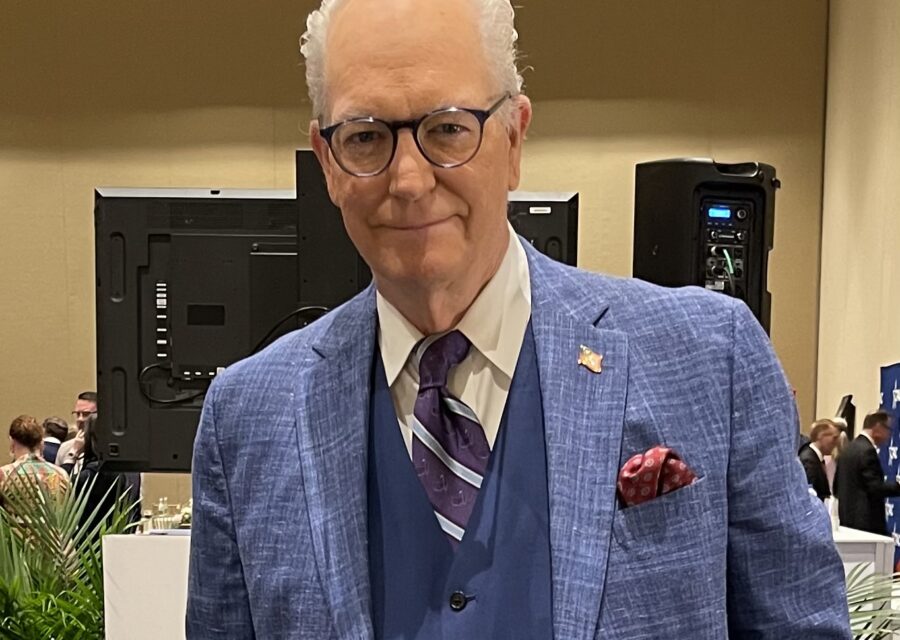
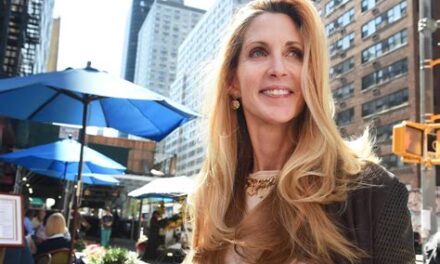
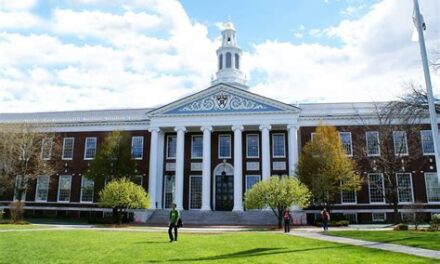
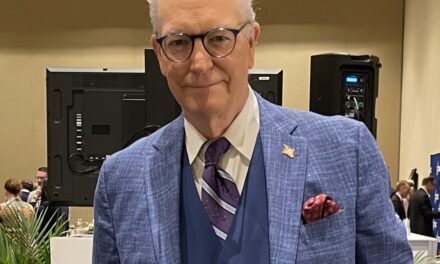
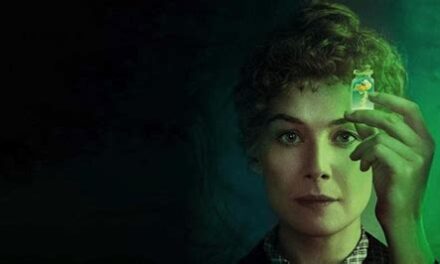









Deal—
Jorge Mario Bergoglio who styles himself ‘Francis’ is a false pope. He is not Francis I as you assert. Far from it. Pope Benedict remains the only pope living today. Similarly it is Pope Benedict alone of the two who remains in the enclosure of the Faith and in union with the perennial teaching (i. e. the Magisterium or simply the Faith of our Fathers) of the Church.
That’s your ‘center.’ And I’m sticking to it.
Sincerely,
Chris Benischek
Yep, that sums up the way it is now. They’ve lost all their authority because they have given it up.
No problem. If my respectful comments are not welcome in this forum, I’ll post them elsewhere.
I am comforted by your perspective but outraged at the powerlessness of Americans and Catholics alike to stand up and call for Rejection of this 2 Pope situation and for this outrageous, obvious to the World, stolen election! This walk toward mediocracy and disengagement from relevant Church and Electorate paricipation has been incremental, and left us vulnerable to such takedowns and takeovers. The lack of FIGHT is the most chilling to me. Our adversaries have systematically stripped us of our weapons and even accused us of wrongdoing when we stand up for morals and values.
Yes, our only HOPE is to focus upon the Mystical Body of Christ and His Church and seek for DIVINE INTERVENTION but this time I believe more than rosary beads will be required!